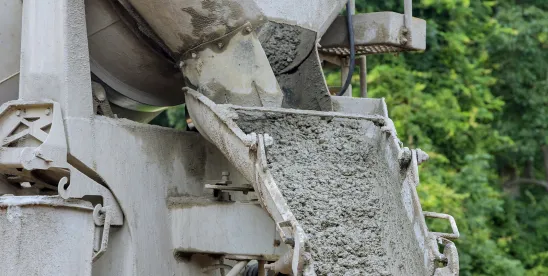The Massachusetts Appeals Court recently addressed diminution of property value as a basis for standing to file a zoning appeal. In Pobeda RT II, LLC v. Zoning Bd. of Appeals of Watertown, the court affirmed that individual property value, by itself, isn’t a protected interest that can serve as a basis for standing to appeal a zoning decision. Rather, property value must be tethered to a different interest protected by the zoning ordinance at issue, such as preservation of views, light, or space.
Pobeda is an appeal of a special permit approving the construction of a three-story, 88,572-square-foot research facility in an industrial zone in Watertown. The plaintiff, Pobeda RT II, LLC (Pobeda), owns abutting property in a residential district and was a party in interest presumed to be aggrieved. Pobeda alleged that the research facility would “severely devalue” its residential property. The project proponent, Cresset/WS Venture LLC (Cresset), moved for summary judgment, seeking to rebut Pobeda’s presumed standing with expert affidavits on some assertions of aggrievement (e.g., noise, air quality, light), but also arguing that property value isn’t an interest protected by Watertown’s zoning ordinance under the circumstances. The superior court granted summary judgment in Cresset’s favor, and the Appeals Court affirmed.
Pobeda travels a well-worn path. On appeal, Pobeda argued that the superior court erred in holding, as a matter of law, that the Watertown zoning ordinance didn’t protect property value under the circumstances. That argument flies in the face of prior appellate decisions establishing that diminished property value does not provide standing unless it relates to “cognizable interests protected by the applicable zoning scheme.” Kenner v. Zoning Bd. of Appeals of Chatham, 459 Mass. 115, 123 (2011). The court held that a general reference to “conserving the value of land and buildings” in the purposes section of a zoning ordinance doesn’t make conservation of property value a protected interest in all instances. It doesn’t place individual economic interests over community interests, such as protecting public health and safety. Perhaps if Pobeda had successfully tied its alleged diminution in property value to a real threat to public health and safety, it would have established aggrievement. Instead, the court found that Pobeda only raised speculative concerns and stigma associated with biolabs.
The Appeals Court’s analysis doesn’t break new ground. But a brief footnote raises the specter of bigger things to come. In footnote five, the court took pains to say that it was leaving “the question of whether a plaintiff can ever succeed in showing that a zoning bylaw protects individual property values for another day.” Indeed, if property value diminution must always be tethered to some other interest, then there is no reason it would ever be a basis for standing. Rather, it’s more accurately viewed as a concrete way of proving other intangible harms. For instance, if a zoning ordinance protects against deprivation of light and air, then a plaintiff could argue that a tall, bulky building approved by special permit deprives it of light and air, and that this deprivation can be quantified by diminished property value. But it seems like the plaintiff would be taking on more than necessary. So, perhaps diminished property value, as a ground for standing, is on its last legs, waiting for the coup de grace, and the court has just whispered that it’s coming.



 />i
/>i
